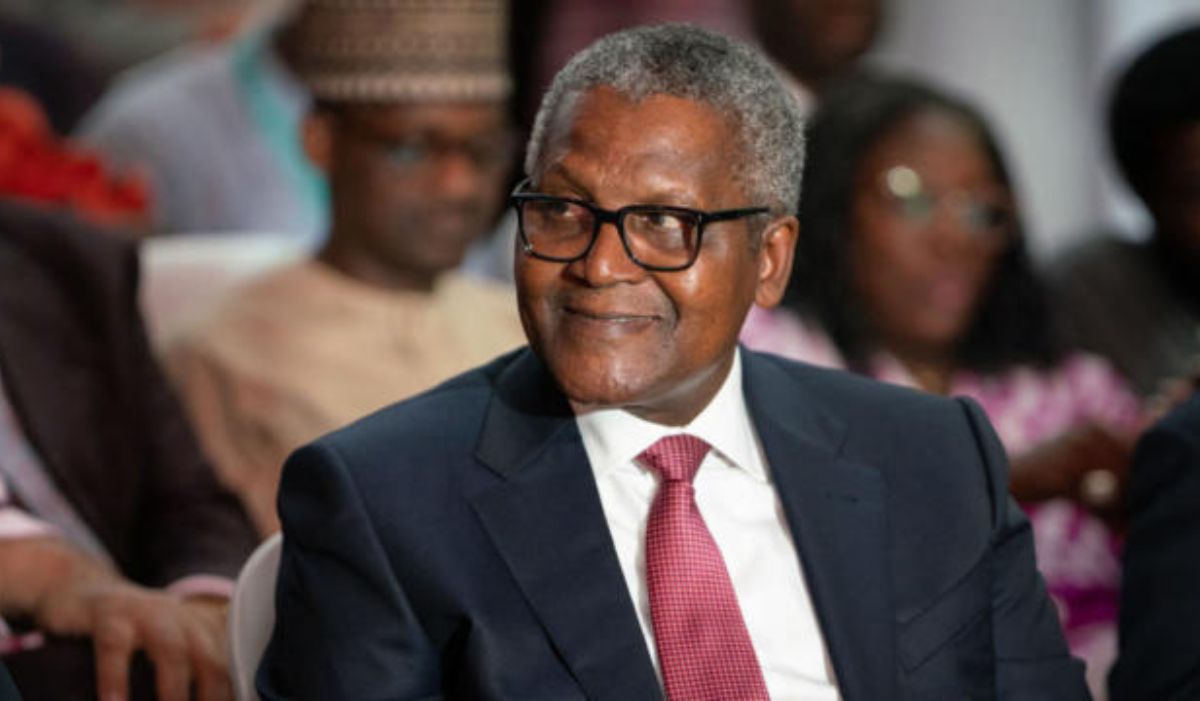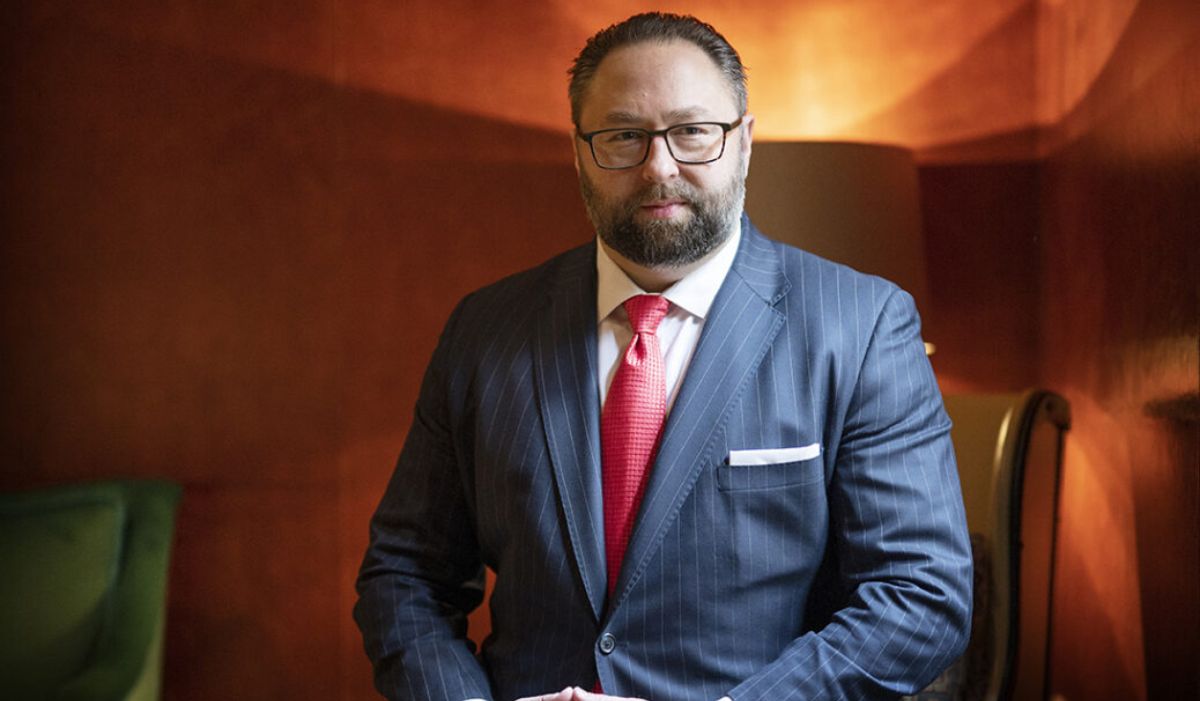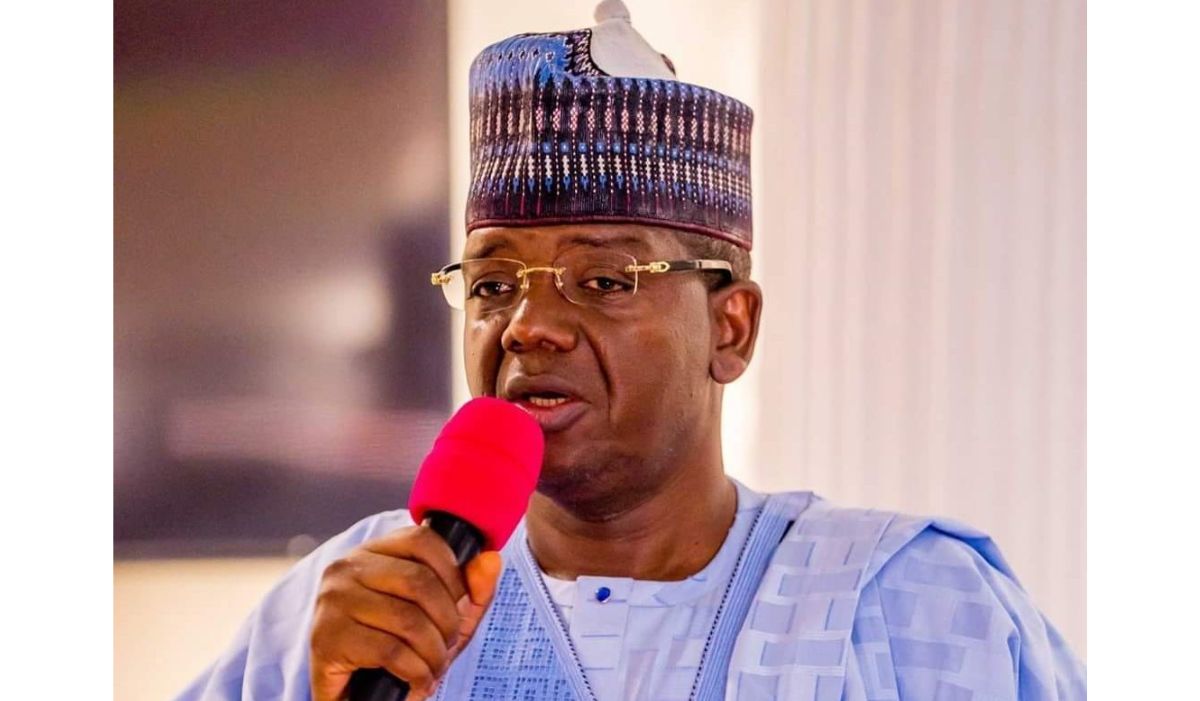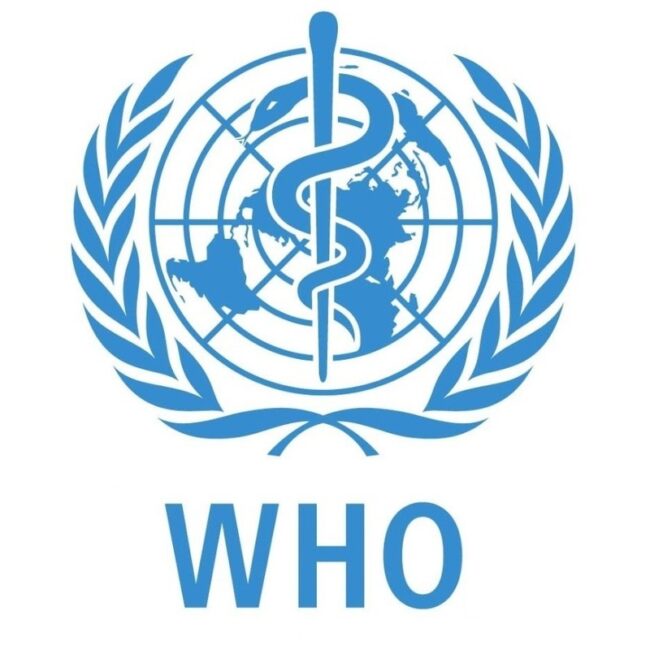Dangote Predicts $500 Million Annual Cement Export Revenue for Nigeria

African industrialist and founder of the Dangote Group, Aliko Dangote, has projected that Nigeria could generate at least $500 million annually from cement exports alone, as the country positions itself as a major manufacturing and export centre.
During a panel session titled “The Path to Making Africa Great Again” with CNN’s Eleni Giokos at the recent Afreximbank Annual Meetings, Dangote explained how targeted industrial strategies and backwards integration policies are reshaping Nigeria’s economic landscape.
“And now, also, Nigeria is the largest exporter of cement in Africa,” Dangote declared. “When we finish our factory, it’s 100 per cent for export. And Nigeria will not earn less than $500 million from just exporting cement.”
Looking back at Nigeria’s industrial development, Dangote cited cement production as an example of successful policy implementation combined with private sector commitment. He described a crucial discussion with former President Olusegun Obasanjo that sparked Nigeria’s backwards integration approach in cement manufacturing.
“President Obasanjo called me at 4:30 in the morning and said, ‘Aliko, Nigeria is number two in cement imports. I’m not going to allow this to continue. What do we do?’ I told him, Remove my Dangote cap and let me speak for Nigeria.”
The policy that emerged required companies to establish domestic production facilities before importing cement products.
“All of us now wanted to set up industries. We were small at the time, but our bankers were supportive,” he said. “We built a 5-million-tonne plant while Nigeria was producing 31.9 million tonnes. Today, Nigeria produces over 60 million tonnes of cement.”
Dangote stressed that meaningful job creation and economic development cannot occur if African markets continue serving as destinations for foreign manufactured goods.
“If we continue to import, we’re importing poverty and exporting jobs. We must process our minerals before exporting them to create employment,” he said.
Drawing parallels with former U.S. President Donald Trump’s domestic-focused policies, he advocated for similar approaches across African nations.
“President Trump is saying America first. We should also say Africa first. The issue is that once you open your market without capacity, it becomes a dumping ground. That’s not fair competition. That’s dumping.”
He expressed concern about African elites’ tendency to invest their wealth outside the continent.
“In Asia, whether people make their money legally or illegally, they invest it at home. In Africa, they take the money out. If I don’t invest at home, how do I convince someone else to partner with me?”
Dangote identified two primary obstacles to African industrial development.
“Two things don’t allow industries to thrive in Africa: lack of electricity and inconsistency in government policies.”
He encouraged African governments to make decisive policy choices similar to Obasanjo’s cement sector intervention.
“That policy changed everything. Today, Nigeria doesn’t import cement. It exports it and earns foreign exchange.”
Beyond cement, Dangote highlighted Nigeria’s expanding success in exporting refined petroleum products and fertilisers.
“We’re exporting jet fuel to Asia and the United States. 37 per cent of our fertiliser goes to the U.S. That shows what can be done.”
He characterised the Dangote Refinery project as extraordinarily challenging but ultimately worthwhile.
“If we knew what we were going to go through, we wouldn’t have done it. But we didn’t know, and we’ve delivered. It was humongous, and without the support of banks like Afreximbank, Access, and First Bank, it would not have been possible.”
Dangote acknowledged ongoing operational challenges, particularly regarding access to domestic crude oil supplies.
“But we African champions must understand that we’re the only ones who can make Africa great. No one will do it for us.”
He criticised Africa’s persistent focus on attracting foreign investment while neglecting domestic investors.
“Foreign investors don’t just come. Support domestic investors first. When they do well, it invites foreign capital.”
Addressing international relations, he questioned why Africans face difficulties obtaining U.S. visas.
“Why go to the U.S.? They should come here. We have 60 per cent of the world’s arable land and almost all critical minerals. Don’t take our cocoa, process it there, then sell chocolate back to us at twenty times the price.”
He called for ambitious thinking across the continent.
“Think big, and you’ll grow big. Think small, you’ll stay small. Let’s stop making Africa a charity case.”
On the issue of corruption, Dangote offered a nuanced perspective.
“Corruption is everywhere, in the U.S., Europe, Asia. But our problem is we steal and take the money out of Africa. If we kept it here, the economy would grow.”
He contrasted African practices with those in other regions.
“Countries like Indonesia and Thailand had corruption, but the money stayed in-country. In Africa, we deprive our families and our economies, and the money vanishes when we die.”
Dangote made a bold commitment regarding fertiliser production across Africa.
“In the next 40 months, Africa will not import fertiliser. We’re on an aggressive trajectory. We’re building the largest urea plant, bigger than Qatar’s.”
Addressing concerns about trade finance availability, he praised institutions like Afreximbank and the Africa Finance Corporation as vital to continental development.
“If I had to invest in any bank, even without profit, I’d choose one that shares the same vision as Afreximbank. That’s how we build Africa.”
Dangote concluded with his vision for comprehensive African development.
“We need strong financial institutions, a manufacturing base, and to focus on agriculture. Once that’s done, AI and everything else will follow. Africa will be a different story.”
The industrialist announced plans to list Dangote Fertiliser Limited on the Nigerian Exchange this year, followed by the refinery next year, emphasising his commitment to shared ownership rather than maintaining monopolistic control.





